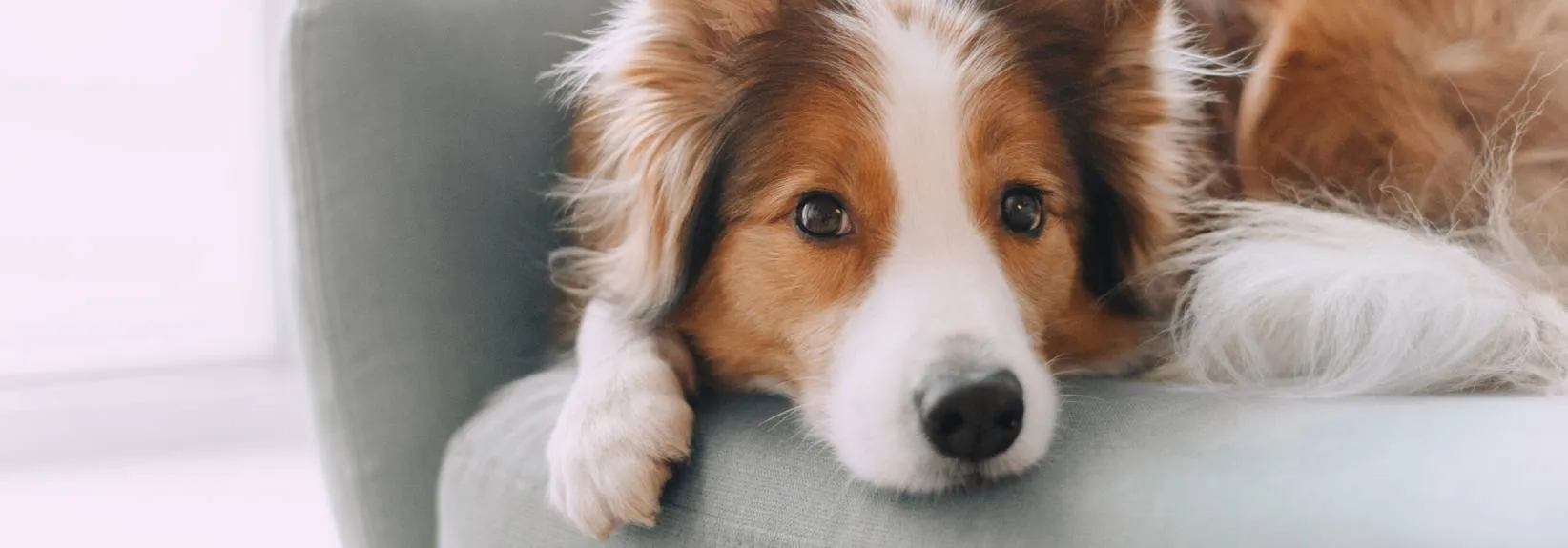What Can Animal Hair Do to My AC Filter?
A family pet is part of millions of families. You probably consider your dog or cat a beloved family member and want to {have them around for many years|keep them well-cared for.
Regrettably, pet hair can adversely affect your air conditioning system. With proper maintenance, you can avoid impacting airflow and protect the cooling equipment from harm.
How Does an AC Filter Work, and Why is It So Important?
Air filters are one of the most important parts of any forced-air HVAC system. It captures airborne particles, such as dust, pollen and pet hair, stopping them from spreading through the ductwork. AC filters come in many different versions, including fiberglass, pleated and electrostatic. A filter’s effectiveness depends on its minimum efficiency reporting value (MERV), which ranges from 1 to 20, with higher ratings illustrating maximum efficiency.
Your filter is primarily responsible for protecting the evaporator coil, blower motor and other cooling system components from dirt and debris that could cause damage. At sufficient efficiency, the air filter also improves indoor air quality by minimizing particulate matter, which often contribute to allergies, asthma attacks and other respiratory issues in sensitive individuals.
How Does Pet Hair Affect the Air Filter of My HVAC System?
When pets shed, their hair becomes airborne and is drawn into the HVAC system through the return air ducts. Without a filter installed, pet hair collects inside the evaporator coil, blower motor, fan blades and other components, potentially stopping them from working efficiently. Hair can also encourage clogs if it interacts with the moisture inside your cooling, creating a breeding ground for microorganisms, which can produce foul odors and lower indoor air quality.
But even if you have an air filter installed, pet hair can still lead to problems. When return airflow arrives at the HVAC system, the filter does its job by trapping the hair and preventing it from landing on delicate cooling components. That being said, eventually the filter will clog, limiting airflow and placing additional strain on the HVAC system. Without maintenance, you may experience higher energy bills and more frequent breakdowns.
What About Animal Dander?
Pet dander, which consists of microscopic skin flakes and saliva particles, commonly exacerbates respiratory problems in people with allergies or asthma. You need a filter with a high MERV rating to effectively capture and remove dander, which is much smaller than pet hair.
How to Care for Your AC System and Filter with Pets
Fortunately, it isn’t hard to protect the efficiency of your AC, even with pets living in your home. Here’s how:
- Stick to a regular schedule when cleaning or replacing the filter: Depending on the type of filter and how many pets you have, you may need a new filter every 30 to 90 days. Take a look at the filter each month and replace it when a clog appears.
- Keep ventilation clear: Pet hair can accumulate on air registers and grilles, limiting circulation. You can clean them with the brush attachment on your vacuum cleaner as often as needed. Then, hire a professional to remove built-up pet hair, dander and dust inside your ductwork every few years.
- Groom your pets: Regular brushing and bathing is a great strategy for reducing pet hair. Brush your pets outside when possible and sweep the area after you’ve finished to keep any hair from getting back inside.
- Consistently vacuum and dust: Not all pet hair ends up in the HVAC system. A lot of it settles on surfaces around the house. Proper cleaning should include vacuuming, sweeping, dusting and laundering your pet’s bedding.
- Don’t let debris collect near the outdoor unit: Central air conditioning systems come with an outdoor unit fixed to a concrete slab somewhere along an exterior wall of the home. Clear away any accumulated debris, like pet hair, grass clippings, dead leaves, and other objects. This helps maintain consistent heat transfer for more efficient operation.
- Don’t ignore preventive maintenance: Ideally, your local HVAC professional will inspect and maintain the air conditioner annually, preferably in the spring. They can find and resolve any small issues, keep internal components clean and share advice on keeping your air conditioner running efficiently with pets.
Get in Touch with for Indoor Air Quality Services
If you want to minimize the impact your pets have on your HVAC system and indoor air quality, choose for tailored solutions and top-notch customer service. We offer a range of indoor air quality products to help keep pet hair and dander at bay, like high-efficiency air filtration, whole-house ventilation and air duct cleaning. We’ll do our best to maintain your HVAC system’s performance and energy efficiency. Enjoy the peace of mind that everything we do is backed by a one-year 100% satisfaction guarantee! To request indoor air quality services in North America, please contact today.



